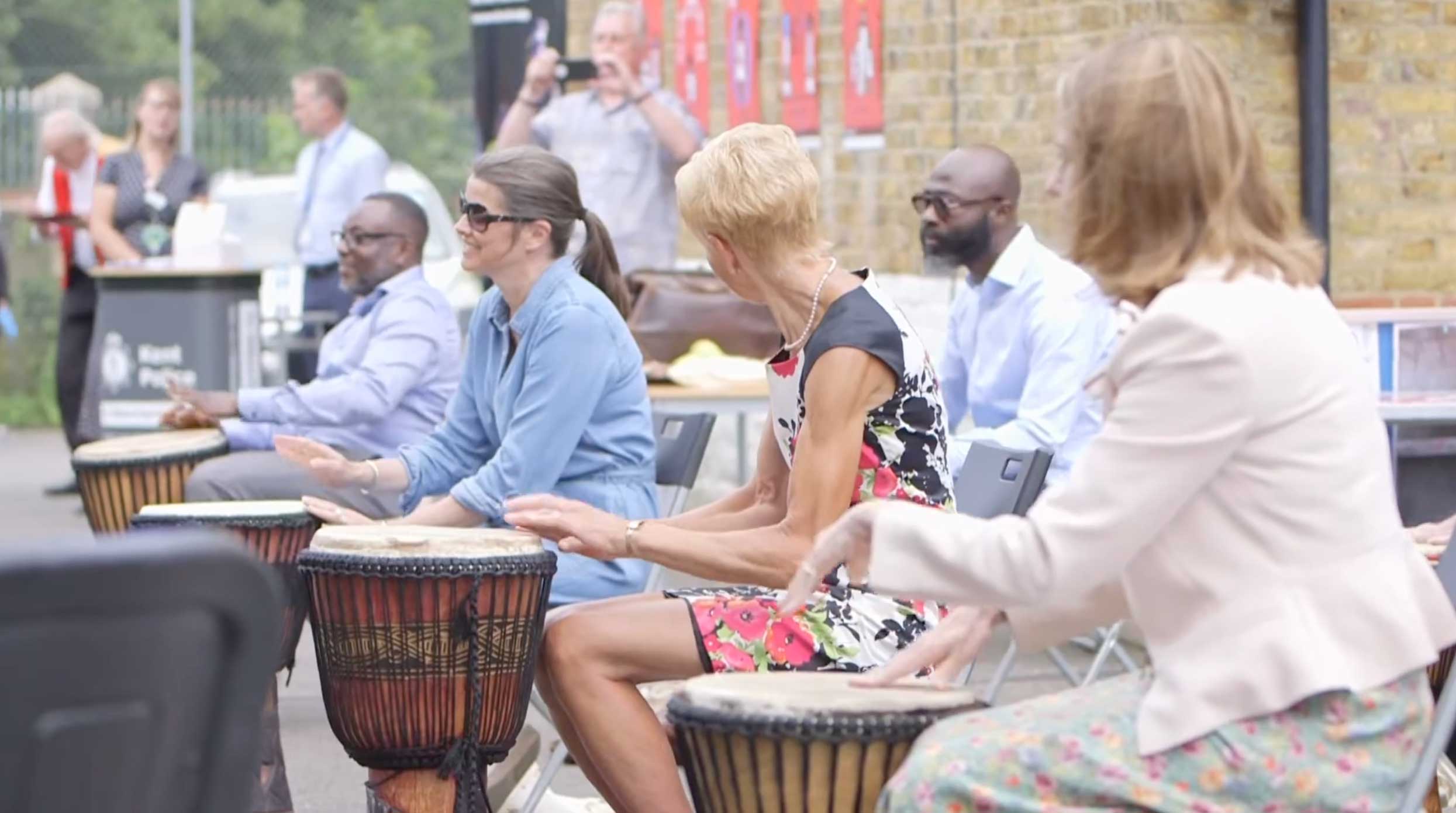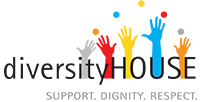From Recognition to Relationship
The United Kingdom has long been a tapestry of cultures, languages, and stories. Migration, globalisation, and educational mobility have created a society that is as vibrant as it is complex.
Today, more than 15 % of the UK’s population is foreign-born (about 10.4 million people), and international students account for nearly one-quarter of all higher-education enrolments.
Diversity is now our lived reality, but the question remains:
How do we transform diversity into genuine connection and shared belonging?
At Diversity House, we believe that diversity must be activated, not just celebrated. Our mission is to transform cultural difference into dialogue, understanding, and shared growth, an approach grounded in interculturalism.

What Is Interculturalism?
Multiculturalism, the cornerstone of UK policy since the 1970s focused on recognising and respecting different cultural groups. It promoted equality, representation, and tolerance.
Yet, as Professor Ted Cantle’s (2001) Community Cohesion Report warned, too many communities were living “parallel lives.”
Interculturalism moves beyond recognition to relationship.
Spanish scholar Ricard Zapata-Barrero (2016) captures this perfectly:
“Diversity must be lived, not merely recognised.”
Interculturalism emphasises dialogue, mutual respect, and shared values, encouraging people from all backgrounds to collaborate and learn from each other.
How Diversity House Lives Interculturalism
- Dialogue and Understanding
We create safe spaces for genuine conversations through storytelling projects, cultural forums, and community events such as Bridging the Gap and Celebrating Together.
These encounters break down stereotypes and nurture empathy — one story at a time.
- Women’s Empowerment and Shared Belonging
Our Women’s Integration and Empowerment Programme unites women from diverse backgrounds through education, entrepreneurship, and peer support.
Together, they develop new skills, confidence, and friendships, demonstrating that inclusion is built through collaboration.
- Intercultural Education and Youth Engagement
We partner with schools and youth groups to develop intercultural competencies — empathy, curiosity, and communication.
Our award-winning World War One African and Caribbean Soldiers Project helps young people appreciate our shared history and contributions across cultures.
- Inclusive Spaces and Policy Advocacy
Diversity House provides safe, welcoming environments where dialogue replaces division.
Through partnerships with local authorities, universities, and national networks, we influence policy and ensure that integration is a two-way process — grounded in reciprocity and respect.
Why This Matters Now
According to the Office for National Statistics (2024), nearly 98 % of population growth in England and Wales in the previous year came from net international migration.
This data highlights a simple truth: diversity is growing, not slowing.
Interculturalism is no longer optional; it’s essential to building cohesive, resilient communities.
It transforms “side-by-side living” into shared purpose and belonging.
A Call to Action
At Diversity House, we believe that every encounter is an opportunity for understanding.
Whether through education, community action, or a simple conversation, we can all play a role in making interculturalism our daily practice.
Let’s not only celebrate difference, let’s live it.
Together, we can also build a society where diversity becomes our greatest strength.
Get Involved
Learn more about our projects and upcoming events at www.diversityhouse.org.uk.
Join us — volunteer, collaborate, or attend one of our intercultural workshops.
Because when we connect, we create unity in diversity.
References
- Office for National Statistics (2024). Population Estimates for England and Wales, Mid 2024.
- Cantle, T. (2001). Community Cohesion: A Report of the Independent Review Team.
- Zapata-Barrero, R. (2016). Theorising Intercultural Citizenship.
- UNESCO (2013). Intercultural Competence Framework.

